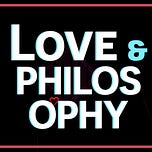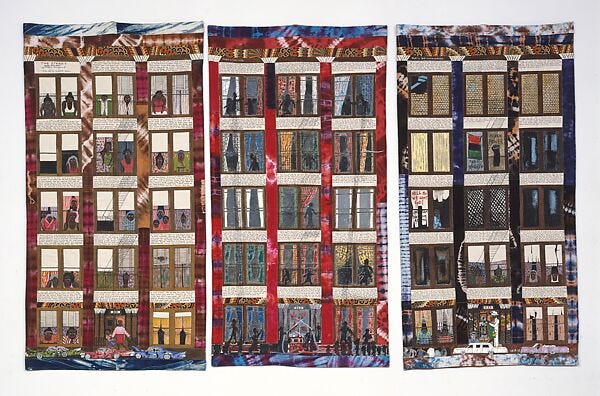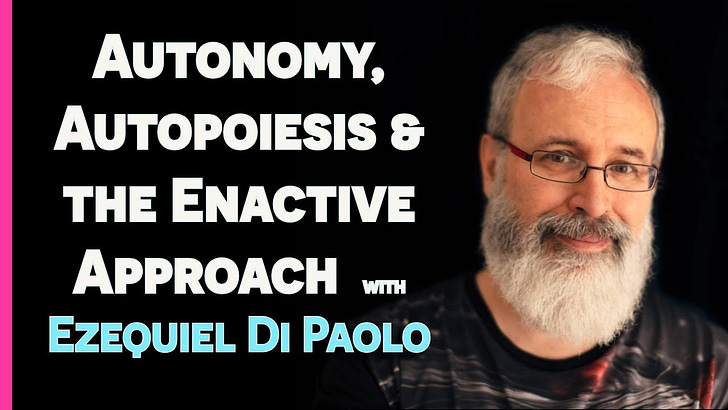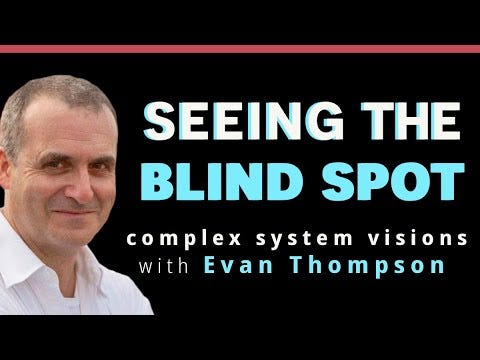Philosopher of cognitive science Hanne De Jaegher discusses the profound relationship between loving and knowing as intertwined processes.
The first in what we hope to be many conversations about this inspirational work. With Andrea, Hanne explores the idea that thinking and feeling emerge from the same fundamental act of sense-making, which is rooted in our basic, biological existence.
De Jaegher shares her personal experiences and how they led to her academic journey studying cognitive science, and then to her work developing the scholarship behind ‘participatory sense-making’. She emphasizes the importance of recognizing both oneness and difference in relationships and the conversation discusses the critical role of noticing and relational awareness. Through various explorations, De Jaegher illustrates how love is an ongoing relational activity that ‘shares a core with knowing’ and that can foster a deeper understanding of ourselves and others.
00:00 The Nature of Love and Sense Making
01:18 Exploring Cognitive Science and Social Cognition
02:58 Introduction to the Podcast and Guest
03:52 Hanne's Academic Journey and Dissertation
05:37 The Philosophy of Love and Knowing
09:38 Personal Reflections on Love and Language
11:48 The Interconnection of Loving, Knowing, and Being
22:26 The Role of Noticing in Relationships
25:36 Philosophical Insights on Ontology and Epistemology
30:03 The Dynamics of Relationships and Sense Making
34:42 The Importance of Holding Tension in Understanding
40:53 The Impact of Loving and Knowing on Personal Growth
47:17 Exploring Abstract Patterns and Sensory Experiences
48:25 Understanding Social Cognition and Autism
56:10 Bridging Cognitive Science and Sociology
58:14 Motivations and Challenges in Academic Life
01:01:15 The Role of Love in Research and Life
01:06:27 Navigating Academic and Personal Challenges
01:18:27 Holding Space and Embracing Multiplicity
01:24:47 Concluding Thoughts on Love and Understanding
Loving and Knowing: reflections for an engaged epistemology
Paradoxical Practices (2025) with Elena Cuffari and Rika Preiser
Participatory Sense-Making with Ezequiel Di Paolo
Sense Making (Maturana & Varela)
Living Ways of Sense Making by Evan Thompson
Hanne’s website and publication list
Linguistic Bodies with Hanne, Ezequiel and Elena
More links:
YouTube, Facebook, Instagram, Substack

This conversation between Andrea and Hanne ventures into the complexities and shared processes of living, knowing, and loving—especially through the lens of neurodivergence and relational understanding.
Here’s the QBD Summary of some of the key ideas:
Love Beyond Scarcity
One of the central themes of the dialogue is the notion that love isn't constrained by scarcity. In a society often driven by competition and finite resources, recognizing that love can be abundant and renewable is transformative. Hanne highlights that love is not diminished the more it is shared but rather expands, growing richer with interaction and engagement.
Shared Core of Loving and Knowing
Andrea and Hanne explore how loving and knowing share an inseparable core. This relationship is more than just a philosophical consideration; it’s an ontological process. Loving is a form of relating, a dynamic interplay that is both a way of being and a method of acquiring understanding. It’s a process inherently tied to our identity and existence as humans.
Neurodivergence: A Different Rhythm
The conversation also unveils Hanne's journey through academia, where she observed a disconnect between lived experiences of autistic individuals and the external, theoretical frameworks used to describe them. This observation sparked her quest to bridge cognitive sciences and social sciences, leading to the development of participatory sense making—a theory that places relational and rhythmic understanding at its core. It's a call to recognize and honor the diverse rhythms of life, particularly those experienced by neurodivergent individuals.
Finding Your People
A poignant part of Hanne's narrative is her mother’s reassurance that she would eventually find “her people”—those who understood and resonated with her unique perspective. This speaks to the universal human longing to find communities where one feels understood and accepted. It's an affirmation that finding one's people is not just about belonging but also about authentic self-realization.
Holding Space & Creating New Systems
The conversation also touches on the tension between the academic world's external representations and the internal, subjective experiences of individuals. They advocate for a shift in systems thinking, suggesting that academia and society at large can benefit from embracing multiplicity over binary, either/or constructs. This new framework would allow for more inclusive and dynamic interactions, fostering environments where different ways of knowing and being are celebrated.
Confronting Vulnerability & Embracing Precarity
Navigating uncertainty and embracing vulnerability become crucial themes as Andrea and Hanne discuss personal and professional transitions. They reflect on how societal and academic structures often prioritize external validations over deeper, more meaningful engagements. Yet, it's these vulnerable spaces—where safety isn't always guaranteed—that can lead to profound growth and understanding.
Recent and Related Podcasts:
Bringing Forth Worlds with philosopher Ezequiel Di Paolo
Exploring Autonomy, Autopoiesis and the Enactive Approach with Ezequiel Di Paolo















